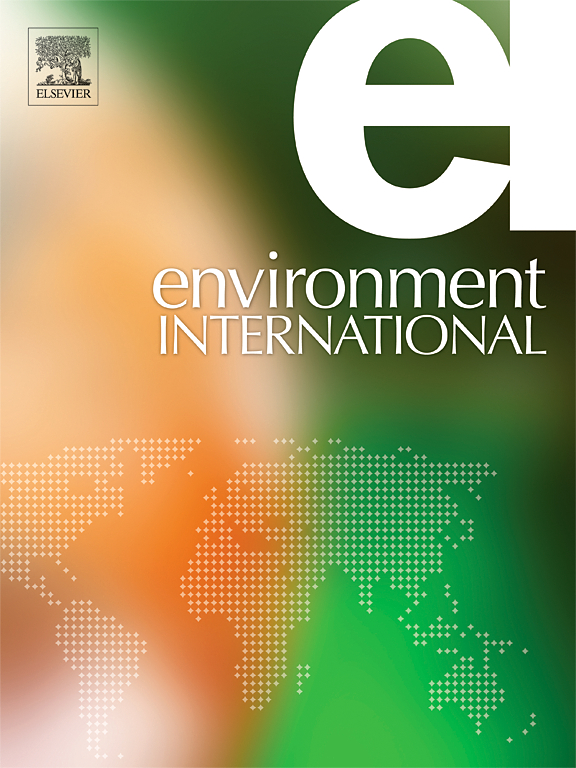Population aging exacerbates heat stroke-related ambulance transportations in Japan
IF 10.3
1区 环境科学与生态学
Q1 ENVIRONMENTAL SCIENCES
引用次数: 0
Abstract
Rapid aging significantly increases Japan’s population vulnerability to severe heat stress, yet the precise impact on heat stroke-related morbidity remains unclear. This study integrates multiple datasets and develops predictive models for daily heat stroke-related emergency ambulance dispatches (HT-EADs) among younger and older populations in Japan for 2010–2019. By adjusting the proportion of older adults and incorporating pseudo climate warming, we assessed how aging and warming could amplify total HT-EADs. Compared to the simulation using demographic conditions of 1995, recent aging trends have led to a 15% increase in total HT-EADs in Japan during 2010–2019, an effect equivalent to a 0.3℃ warming. This increase could rise to 30% under a super-aging demographic scenario by 2045, surpassing the impact of a 0.5℃ warming. Our findings emphasize that aging has comparable negative impacts on heat stroke morbidity as climate change, highlighting the urgent need of enhanced protections for older residents during hot summers.
人口老龄化加剧了日本中暑相关的救护车运输
快速老龄化显著增加了日本人口对严重热应激的脆弱性,但对中暑相关发病率的确切影响尚不清楚。本研究整合了多个数据集,并开发了2010-2019年日本年轻人和老年人每日中暑相关紧急救护车调度(HT-EADs)的预测模型。通过调整老年人的比例并纳入伪气候变暖,我们评估了老龄化和变暖如何放大总HT-EADs。与1995年人口条件下的模拟相比,最近的老龄化趋势导致日本2010-2019年期间HT-EADs总量增加了15%,相当于升温0.3℃。到2045年,在人口超级老龄化的情况下,这一增幅可能会上升到30%,超过0.5℃升温的影响。我们的研究结果强调,老龄化对中暑发病率的负面影响与气候变化相当,强调了在炎热的夏季加强对老年人保护的迫切需要。
本文章由计算机程序翻译,如有差异,请以英文原文为准。
求助全文
约1分钟内获得全文
求助全文
来源期刊

Environment International
环境科学-环境科学
CiteScore
21.90
自引率
3.40%
发文量
734
审稿时长
2.8 months
期刊介绍:
Environmental Health publishes manuscripts focusing on critical aspects of environmental and occupational medicine, including studies in toxicology and epidemiology, to illuminate the human health implications of exposure to environmental hazards. The journal adopts an open-access model and practices open peer review.
It caters to scientists and practitioners across all environmental science domains, directly or indirectly impacting human health and well-being. With a commitment to enhancing the prevention of environmentally-related health risks, Environmental Health serves as a public health journal for the community and scientists engaged in matters of public health significance concerning the environment.
 求助内容:
求助内容: 应助结果提醒方式:
应助结果提醒方式:


